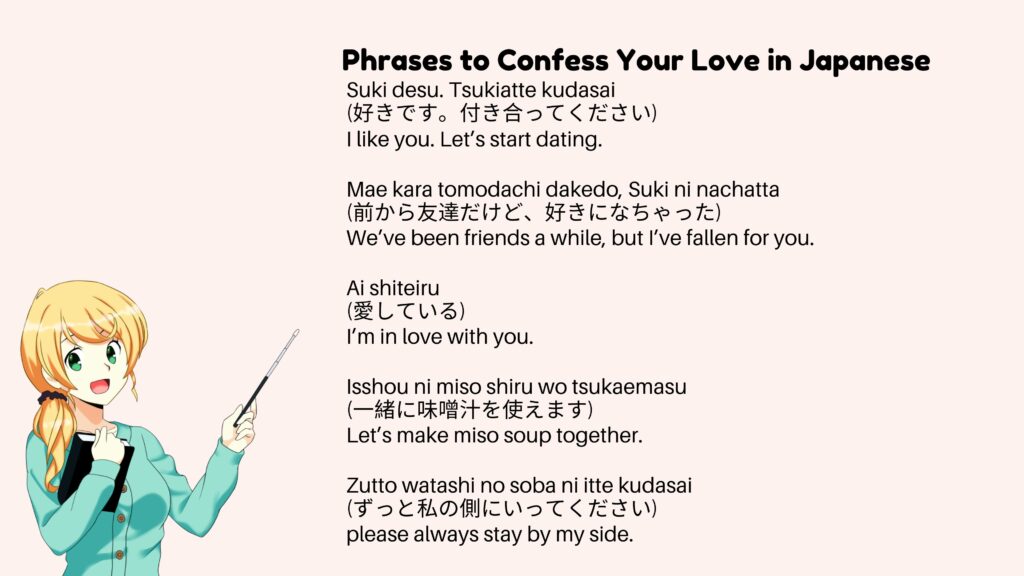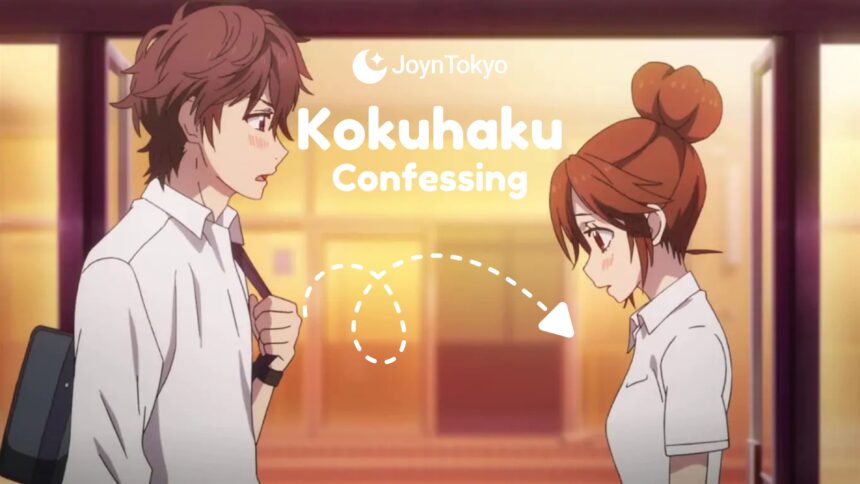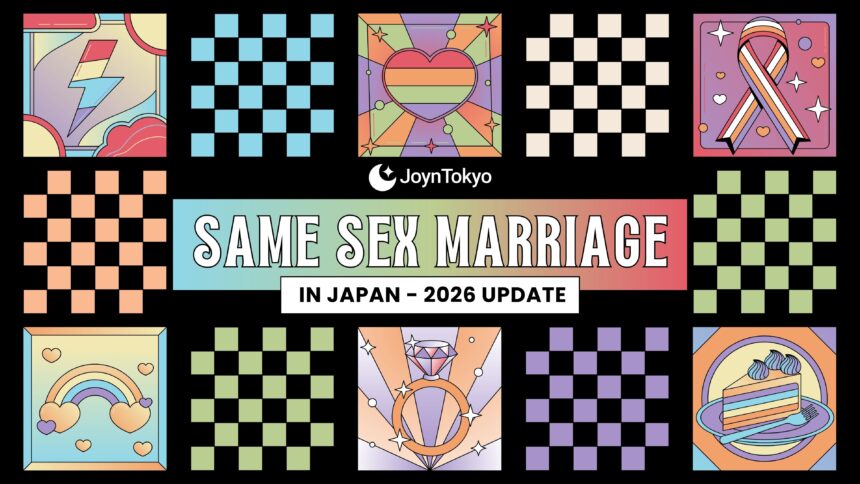Dating in Japan is much like anything else in Japan: there are a number of commonalities with courting a beau or belle from wherever you are from, but with certain Japanese characteristics.
In this case, one thing that can take newbies to the country by surprise (or that they can take for granted) is the ritual of Kokuhaku. So what is kokuhaku, and why should you care? Well, you will after reading this one, Tokyo Romeo!
What Kokuhaku Means

“Kokuhaku” (告白) literally means “confession,” and is made up of the characters for “testify” and “white.” It has the connotations of being pure in nature. But why would Japan need such an expression?
Well, because it is an important part of Japanese courtship and dating. While it might seem very unusual — or even archaic — to many who have not grown up here (although you may have seen it played out in anime or a Japanese film or TV show) it is very important for people looking to be swept off their feet here. But why?
Read More
The Role of Kokuhaku in Japanese Dating

In Japan, Kokuhaku plays an important part in separating being friends from being lovers, or being casual from being serious. It’s a statement of emotion, but also of intention.
In its most basic sense, it’s exactly what it says: it’s a confession that you have more than platonic feelings for them, and it can come from man, woman, or any who lieth betwixt.
It is a declaration to your intended that you like them as more than a friend: that you want to start dating them seriously. For some, this might mean going “exclusive”, proposing that you will both break off any romantic or potentially romantic entanglements with anyone else. This is actually quite useful in the era of dating apps, where playing the field is both normal and accepted. But when should you make your intentions clear to your crush?
Read More
Kokuhaku and The Three Date Rule
In Japan, if you have been seeing someone with the possibility of making things long-term, then it is tradition to make your feelings clear on the third date.
As some from the west may be aware, the third date is often (though not always) concluded with something a little more intimate. But don’t get it twisted: for Japanese people, the confession is a big part of intimacy. Public displays of affection are rare in Japan, but following a successful confession, your new partner may be more willing to do things like hold hands or hug in public.
But is is a truth universally acknowledged that, on the third date, you are expected to make your intentions clear — and that goes double for men. Continuing to go on dates afterwards, without making it clear if you’re all in or not can look like you’re unserious, flaky, and stringing your partner along. It will also make you unpopular with your would-be beloved’s friends, who will be aghast that you are not taking their bestie seriously. So, if you want to seal the deal, make sure to remember that three is the magic number.
Phrases to Confess Your Love in Japanese

But then, how does one make a successful confession? Well, a lot of that depends on your own behavior, of course. But to give you a fighting chance, here are a few well-known phrases!
Suki desu. Tsukiatte kudasai (好きです。付き合ってください)
Your all-purpose, “I like you. Let’s start dating.” “Suki” here means more than what is meant by “like” in English, but is less intimidating than “head over heels in love.”
Mae kara tomodachi dakedo, Suki ni nachatta (前から友達だけど、好きになちゃった)
“We’ve been friends a while, but I’ve fallen for you.” A solid confession for someone you’ve been friends with a while.
Ai shiteiru (愛している)
This one is bold, literally meaning “I’m in love with you.” Ideally, you’ll want to save this for a time down the road, but if you’re feeling brave, go for it, I suppose.
There are also a couple that are more specific to Japan. These include:
Isshou ni miso shiru wo tsukaemasu (一緒に味噌汁を使えます)
“Let’s make miso soup together.” This may seem a little odd, but cooking together is a fundamental act for a good couple, and miso soup is fundamental to almost all Japanese dinners.
Zutto watashi no soba ni itte kudasai (ずっと私の側にいってください)
In English, this is “please always stay by my side.” It might seem a little intense, but it’s actually somewhat charming to native speakers, and demonstrates your devotion.
If your crush reciprocates your feelings, they will likely reply, “hai, onegaishimasu,” or “yoroshiku onegaishimasu,” both of which are essentially, “yes, thank you very much!”. However, if you’re less fortunate this time, then you may hear “gomen nasai,” (ごめんなさい) or “I’m sorry,” which is pretty clear. You may also be told “suki na hito ga imasu” (好きな人がいます) to tell you that they have their heart set on another, or perhaps even the incredibly direct, “jitsu wa, suki ja nai” (実は好きじゃない): “actually, I just don’t like you.”
And we confess, that’s all we have time for on this subject today. But if there’s someone you have your eye on, make sure to let them know, before they start making miso soup with someone else’s dashi. Good luck, lovers out there!











